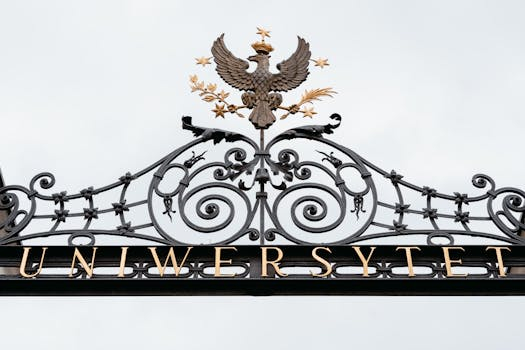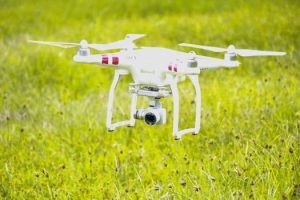Indigenous Knowledge: Learning from Traditional Survival Strategies
Indigenous communities have a deep connection to their environment and have developed unique ways of interacting with and surviving in nature. Their traditional knowledge and survival strategies have been passed down through generations and have enabled them to not only survive, but thrive in some of the harshest environments. As the world faces increasing environmental challenges, it is time to turn to these traditional practices and wisdom to learn from their sustainable and holistic approach. In this article, we will explore the concept of Indigenous Knowledge and how we can learn from traditional survival strategies to create a more sustainable future for all.
Understanding Indigenous Knowledge
Indigenous Knowledge encompasses the beliefs, practices, and teachings of Indigenous communities that have been developed over centuries of living in close harmony with nature. These practices are deeply rooted in their culture, spirituality, and relationship with the land. It is a holistic way of knowing that considers the environment, community, and self as interconnected and interdependent. For Indigenous communities, the land is not just a resource to be exploited, but a living entity to be respected and lived in harmony with.
This knowledge is diverse and varies among different Indigenous communities, making it difficult to define or categorize. It is often passed down through oral traditions, through stories, songs, and ceremonies. However, with the increasing threat of loss of traditional practices and languages, efforts are being made to document and preserve this knowledge for future generations.
Learning from Traditional Survival Strategies
Sustainable Resource Management
Indigenous communities have a deep understanding of their environment and the resources it provides. They have developed sustainable practices for managing resources such as fishing, hunting, and agriculture, which have been passed down for generations. These practices are often based on the principle of reciprocity, where resources are harvested in a way that ensures their regeneration and continual availability.
For example, the Indigenous people of the Pacific Northwest have a tradition called “potlatch”, where they gather and distribute resources, such as salmon, in a way that maintains balance and prevents depletion. This practice not only ensures the sustainability of resources but also serves as a way to maintain social and cultural bonds within the community.
Resilience in the Face of Environmental Change
Indigenous communities have lived through extreme environmental changes and have developed strategies to adapt and thrive in these conditions. Traditional knowledge systems have enabled them to predict and prepare for natural disasters such as floods, droughts, and wildfires. They have also developed ways to cope with these challenges, such as diversifying their food sources and using traditional ecological knowledge to read signs in nature.
For example, the Inuit people of the Arctic have developed a complex understanding of ice and snow patterns, which is crucial for their survival. They have traditional words to describe different types of ice and snow, which helps them navigate and survive in a constantly changing environment.
Preserving Biodiversity
The traditional practices and beliefs of Indigenous communities are deeply intertwined with the natural world, and this connection has allowed them to coexist with nature for centuries. Their knowledge of plants, animals, and ecosystems has played a crucial role in maintaining biodiversity and preserving delicate ecosystems.
For example, the Kichwa people of the Ecuadorian Amazon have a deep understanding of their environment and the medicinal properties of plants. Their traditional knowledge has been passed down through generations and is now being used to develop sustainable and effective methods of utilizing medicinal plants without causing harm to the ecosystem.
Incorporating Indigenous Knowledge into Contemporary Practices
As we face increasing environmental challenges, it is crucial to recognize the value of Indigenous Knowledge and incorporate it into contemporary practices. This not only benefits the environment but also helps to preserve and honor the cultures and traditions of Indigenous communities.
Governments, organizations, and individuals can work together to support Indigenous communities in preserving their traditional knowledge and implementing their practices in sustainable development projects. This can also involve providing opportunities for Indigenous peoples to participate in decision-making processes and ensuring their rights and values are respected.
In conclusion, by learning from traditional survival strategies and incorporating Indigenous Knowledge into our practices, we can work towards a more sustainable and harmonious relationship with nature. We must recognize and respect the wisdom and resilience of Indigenous communities and work together to create a better future for all.











